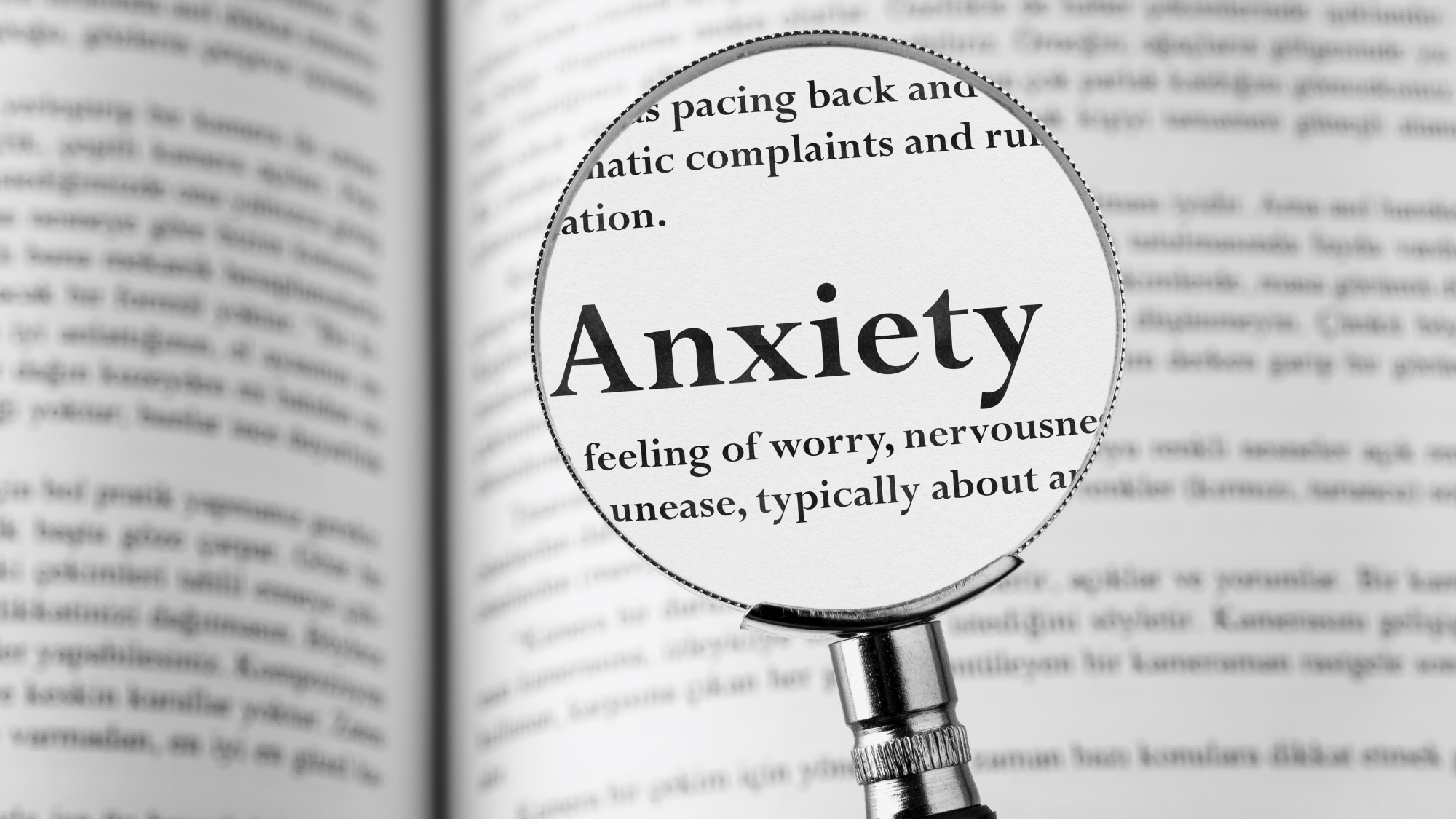
Anxiety is different for everyone
Anxiety disorders come in all shapes and sizes, which can make them difficult to identify. According to the National Institute of Mental Health, anxiety disorders are the most common mental illness in the United States, affecting 40 million adults ages 18 and up. That's a lot of people!
While there are many different types of anxiety disorders, they all share one common symptom: Fear! Fear is a normal emotion that we all experience from time to time. But when that fear is constantly present and interferes with our ability to live our lives, it becomes a problem. Stress can lead to uninvited levels of anxiety as well.
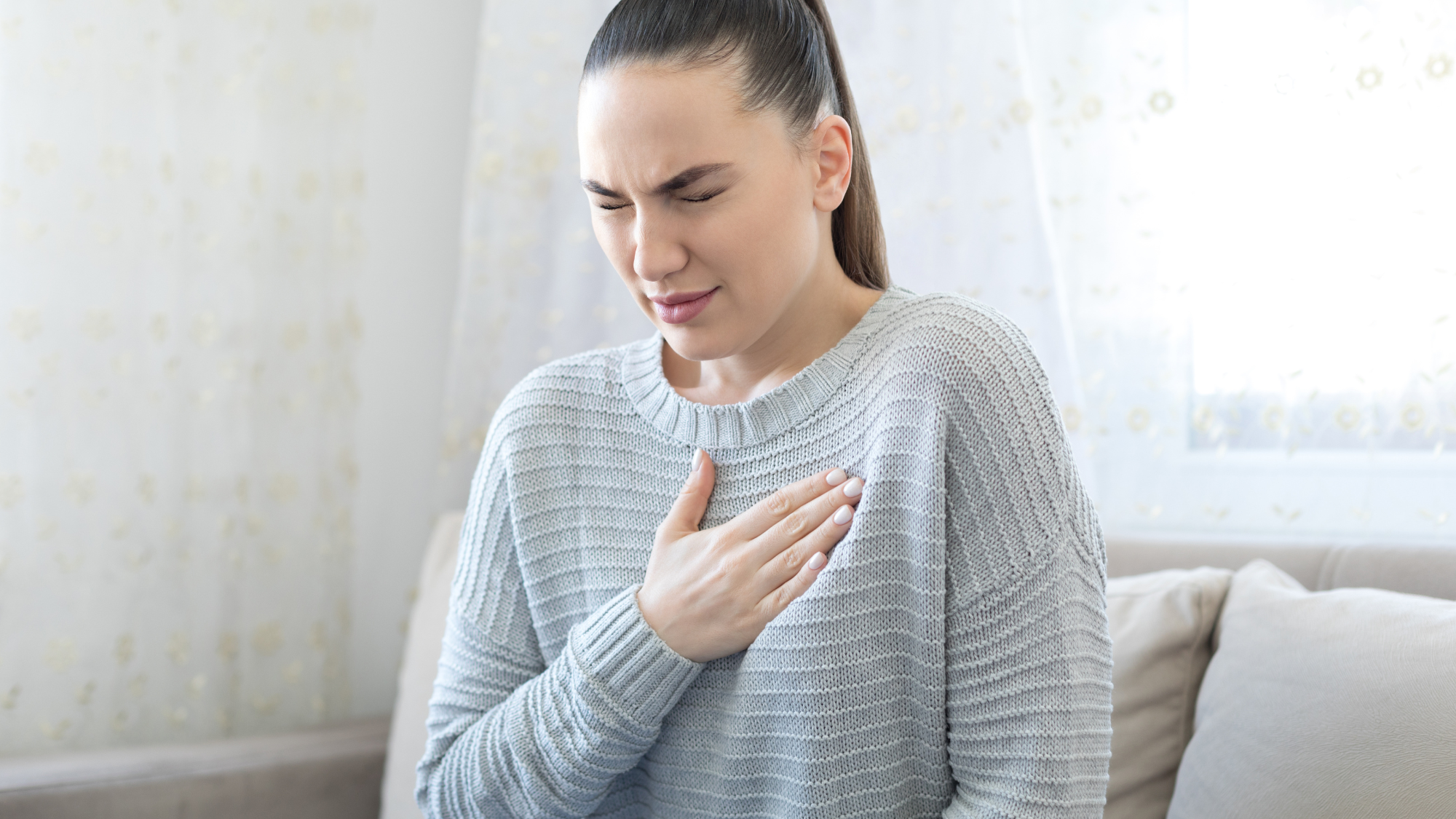
Symptoms of anxiety can include physical, emotional, and cognitive symptoms
Anxiety disorders can manifest themselves in many different ways. There are 3 different stages of response to anxiety. If you understand and identify those stages you may be able to alleviate anxiety before the symptoms become full blown.
Let's take a look at some of the most common symptoms.
Cognitive: This usually begins with a thought that results in worry or uncertainty. Once the worry thoughts start, it can escalate to worsening cognitive symptoms and lead to physical symptoms. Worry usually stems from fear about the future. That future can be 5 minutes away or 5 years away.
Jesus specifically tells us not to worry in Matthew 6:25 & 27 where he says “Therefore I tell you: Don’t worry about your life, what you will eat or what you will drink, or about your body, what you will wear. Isn’t life more than food and the body more than clothing? And in verse 27: Can any of you add one moment to his life span by worrying?
This is where anxiety starts. Worry and fear. If you can identify this at the onset, you can use coping techniques to help reduce the fear and worry and anxiety so it doesn’t progress to the physical symptoms of anxiety
Physical Symptoms
Anxiety disorders can cause physical symptoms that range from mild to severe. You may began to sweat, you may feel your heart rate increase, you may feel light headed or dizzy and you may have a lot of tension especially in the neck and shoulders. You may feel tight in your chest and you might even become nauseous. These symptoms are manifested because your body is attempting to avert danger. You may become really shaky, start to sweat and your stomach can become upset sending you to the bathroom with diarrhea.
These physical symptoms can be so severe that they lead people to believe they are having a heart attack (chest pain and tightness) or other medical emergency. It's important to remember that anxiety is a real condition that should be treated by a mental health professional. If you're experiencing any of these physical symptoms, don't hesitate to reach out for help.
Behavioral Symptoms
In addition to physical symptoms, anxiety disorders can also cause psychological symptoms, resulting in a change in behavior such as:
-Feeling anxious or scared most of the time without knowing why (known as free-floating anxiety)
-Constant worry about everyday things such as finances, work, family, etc.
-Avoiding situations or places that make you feel anxious
-Feeling on edge or tired all the time
-Trouble sleeping or concentrating
-irritability or feeling easily frustrated
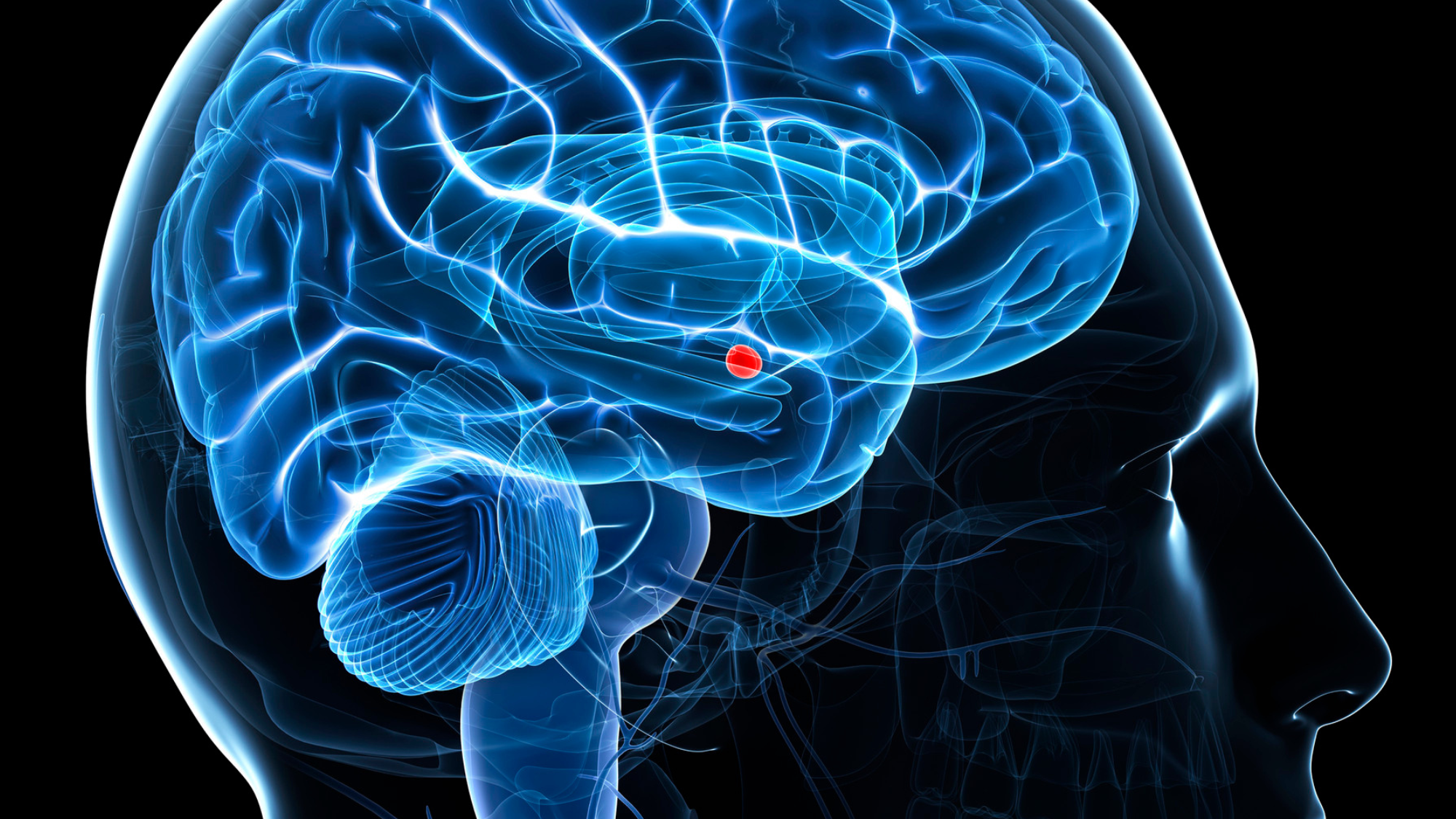
What is going on in the brain in relation to anxiety?
When a person experiences anxiety, it's as if their brain is playing a never-ending game of 'what if?' What if I fail this test? What if I can't find my way home? What if that sound is a burglar trying to break in? The anxious brain is constantly on the lookout for potential threats, which leads to those pretty uncomfortable physical symptoms, like a racing heart and sweaty palms. But what's actually going on in the brain when anxiety strikes?
It all starts with the amygdala, which is responsible for processing emotions like fear and anxiety but also pleasure and anger. The amygdala lies deep in the brain. It’s a very small structure actually. But when the amygdala senses a threat, it sends out an alarm signal to the rest of the brain. This triggers the release of stress hormones like adrenaline, which increases heart rate and blood pressure. The thalamus then kicks into gear, sending out signals to the body that it's time to prepare for fight or flight. All of these changes can make a person feel pretty anxious
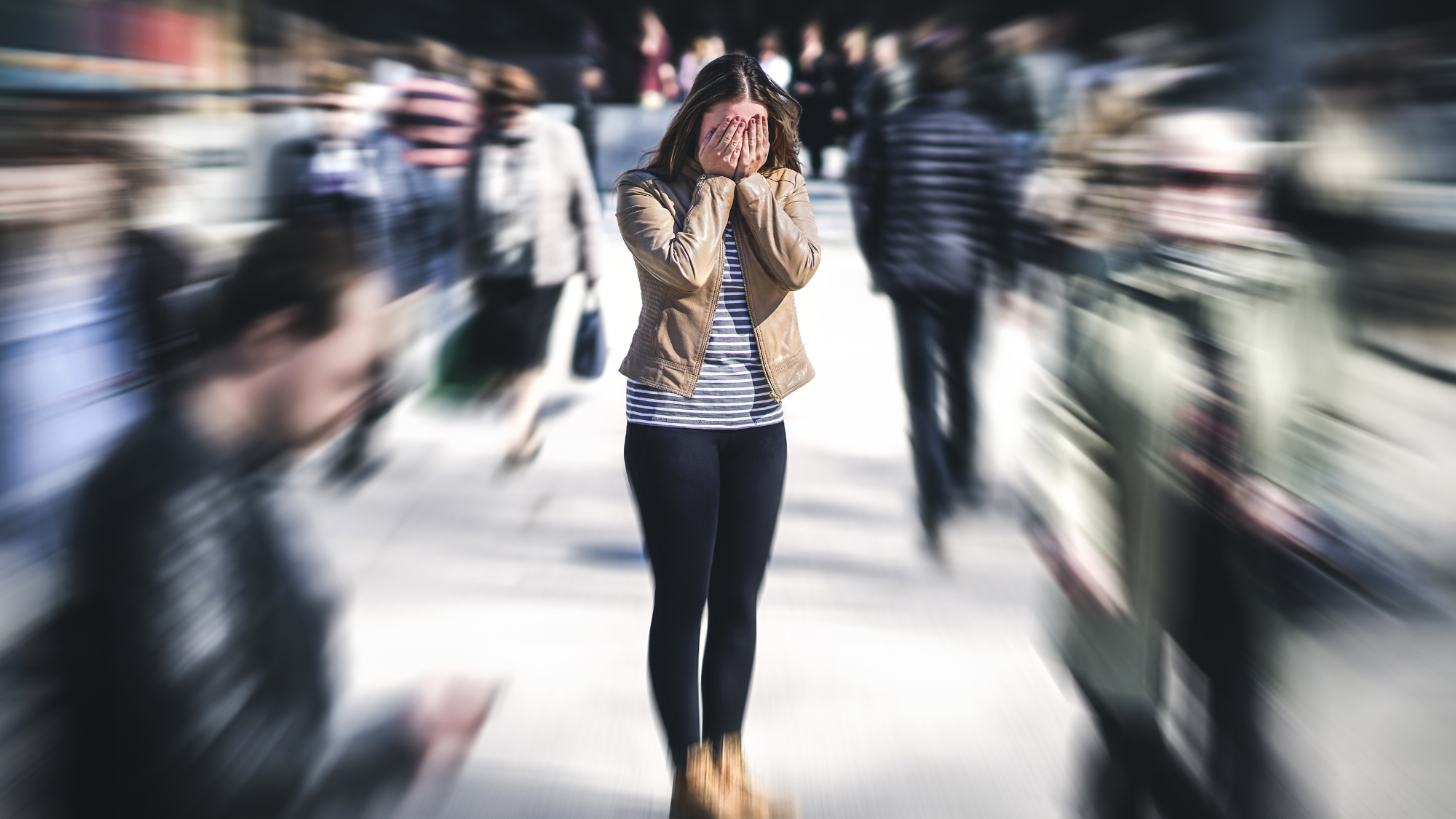
What if it’s not anxiety but something else?
Your provider should make sure there is no underlying cause for anxiety. You should have some labs done including a:
CBC- to rule out anemia
CMP-to check kidney and liver function, sugar and electrolytes
Thyroid function tests - Hashimoto’s thyroiditis is a perfect example of how a person can have anxiety that is driven by a metabolic problem
Urinalysis - to make sure there is no infection especially in the elderly
Urine drug screen - some abusable medications like cocaine or methamphetamine can cause anxiety
These are routine tests but if it is in the ER setting they may look at more complicated tests like EEG, CT scan of the head, MRIs

There are many treatments available for anxiety, including therapy and medication.
- The mainstay of treatment is CBT (cognitive behavioral therapy) psychotherapy or counseling. These all are similar but finding a good therapist can be challenging. There are many types of therapists ranging from Christian to secular therapists and ones who just do talk therapy or who are more skilled at diagnosing and recommending classes of medications
- The mainstay for pharmaceuticals are the anti-depressants. Most people will ask why you are giving them an antidepressant when the problem is anxiety. The reason is that they increase neurotransmitters like serotonin, dopamine and norepinephrine. This adjustment in neurotransmitters helps both anxiety and depression so they are used interchangeably. There are several classes of meds including TCA’s which are older antidepressants, SSRIs like prozac or Zoloft, or newer medications that increase GABA
- Another medication commonly prescribed for years and years but has recently had a prescribing change by the DEA are benzodiazepines. This are meds like Ativan, Xanax and klonopin. They are very habit forming and research is showing long term use of these meds has been connected to early onset Alzheimers disease. A medication I commonly give to take the place of these is a medication that acts like these meds but is not habit forming and that is buspirone or Buspar. Another medication that is actually for blood pressure but is used off label for anxiety is propranolol or inderal.
- TMS is a form of treatment that uses magnetic coils to activate neural networks in target areas of the brain. This is a 20 minute treatment in your providers office that is repeated over an extended period of time and addresses treatment resistant anxiety, depression and other mood disorders
- Neurofeedback is another non-invasive form of therapy that measures a persons brainwaves and gives the recipient real time information about how the brain is functioning. The goal is to help the patient gain voluntary control over functions in the body such as rapid heart rate. It teaches you self-control of brain functions by showing how the brain reacts to certain triggers. With multiple treatments a person can soon recognize the triggers that lead to anxiety and recreate the desired state they want. So instead of feeling anxious, having a fast heart rate and feeling sweaty, the desired result can be relaxation, and recognition of the anxiety triggers and how to avoid the progression of anxiety
- Sound frequency therapies like the WavWatch can address multiple mood disorders. There are 850 different diagnoses that the watch can address. Here is a link to get that watch. You will save $100 and because this is an affiliate it’s a win-win for you and me!
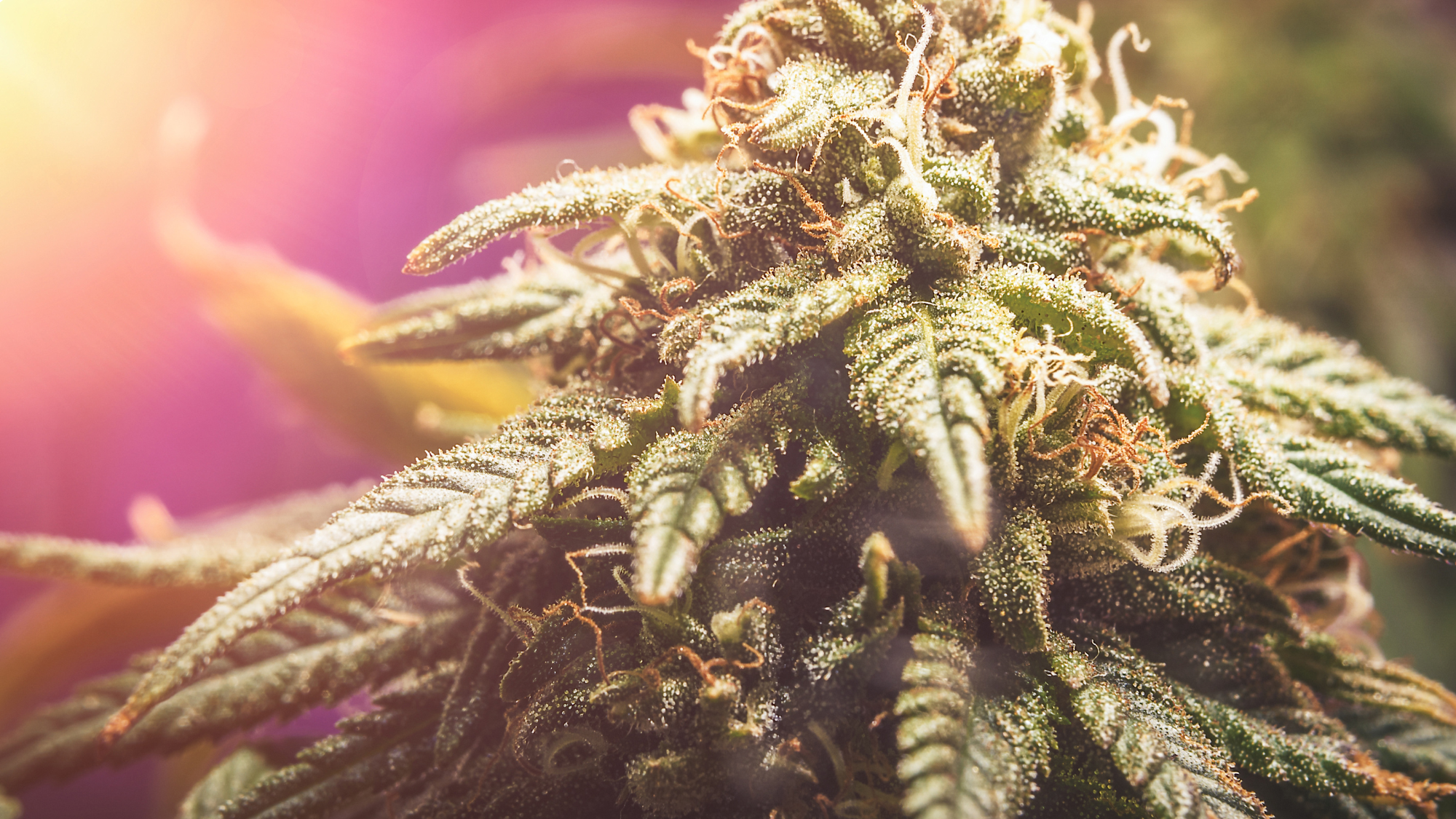
My favorite part is about plant medicine solutions for anxiety
First Essential Oils:
Oils that help with relaxation, reducing heart rate, promoting calm and rest include
- Lavender
- orange
- lemon
- roman chamomile
- valerian
- Melissa ( lemon balm)
- copaiba
- ylang ylang
Young Living Essential Oils have a few special blends like:
- stress away
- peace & calming
- Angelica
- release
- surrender
These oils help by entering the limbic portion of the brain when you smell them and that area of the brain is responsible for memory and emotions! You smell the oil, the molecules go through your nose to the olfactory bulb behind the nose and straight to the limbic portion of the brain. This lives right above the amygdala where anxiety can develop.
Cannabis and CBD options:
We have this amazing body that is enhanced with an amazing system known as the endocannabinoid system that loves cannabis and CBD! The issue with using cannabis if you have high anxiety, is it can actually make it worse. So many folks rely on CBD as it is the best option for reducing anxiety. It’s not wrong to use cannabis if it works for you though. The key is to use a very small dose of THC to a much larger dose of CBD.
You combine CBD with a great essential oil and you have the best of both worlds!!!!
Chemovars of cannabis to look for are ones with high levels of limonene terpenes. You can find this in Tangerine Dream and OG Kush. Another relaxing terpene is linalool and myrcene. You can find these terpenes in chemovars like Purple varieties & Bubba Kush.
CBD chemovars like Zeta and Cookies are known for shifting or improving mood, stimulating motivation and soothing anxiety. Just use a little bitty amount especially if it isn’t mostly CBD. The ratio of CBD should be much higher than THC.
Having anxiety can be frightening and frustrating. You really don't have to suffer with this alone. If you want to try alternative approaches I can help with that. Figuring all of this out is difficult. I knew nothing before I received my certification as a cannabis coach and educator. I also have my aromatherapy certification. This knowledge is beneficial if you just don't know where to start! I would love to help!
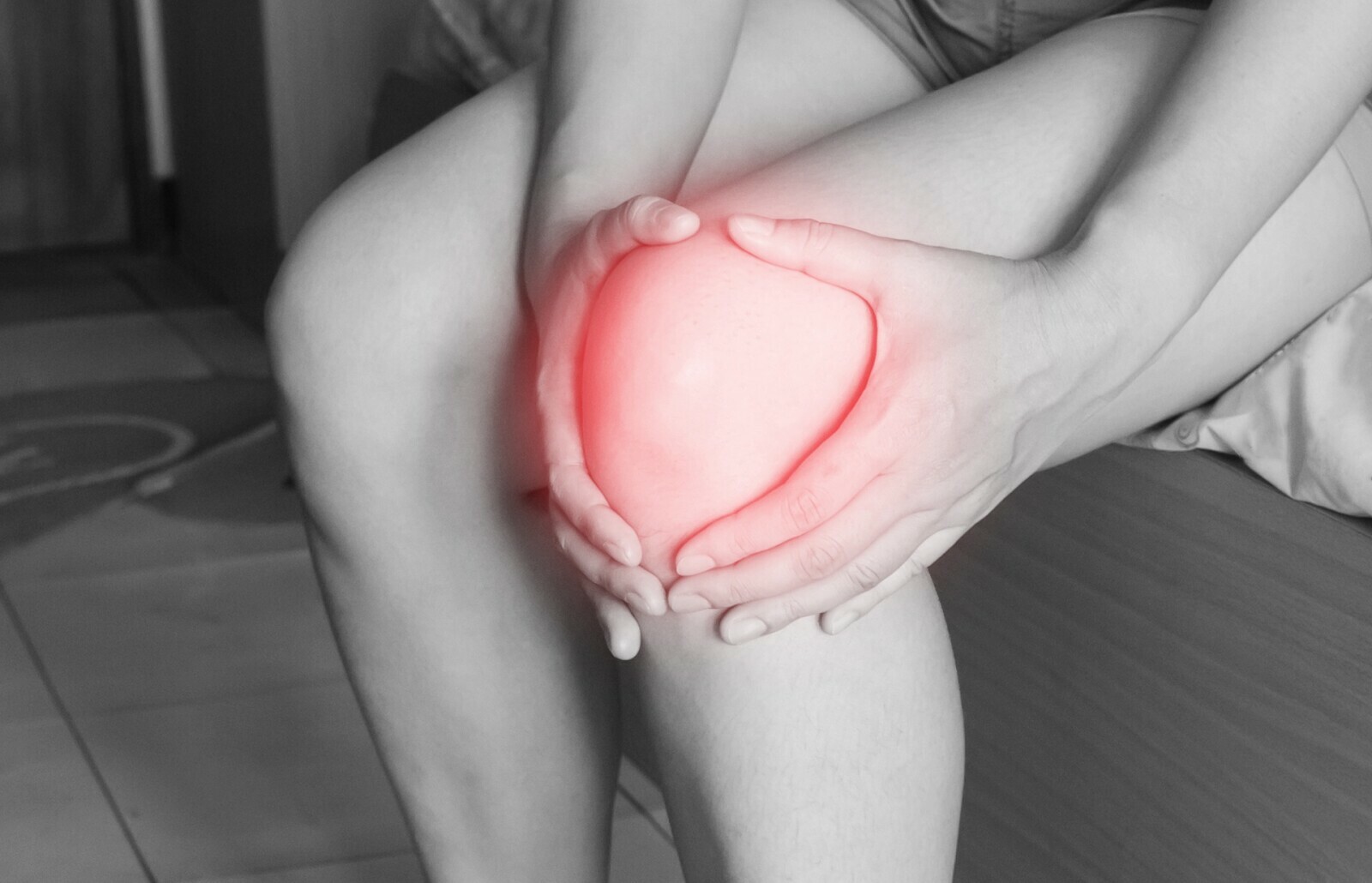
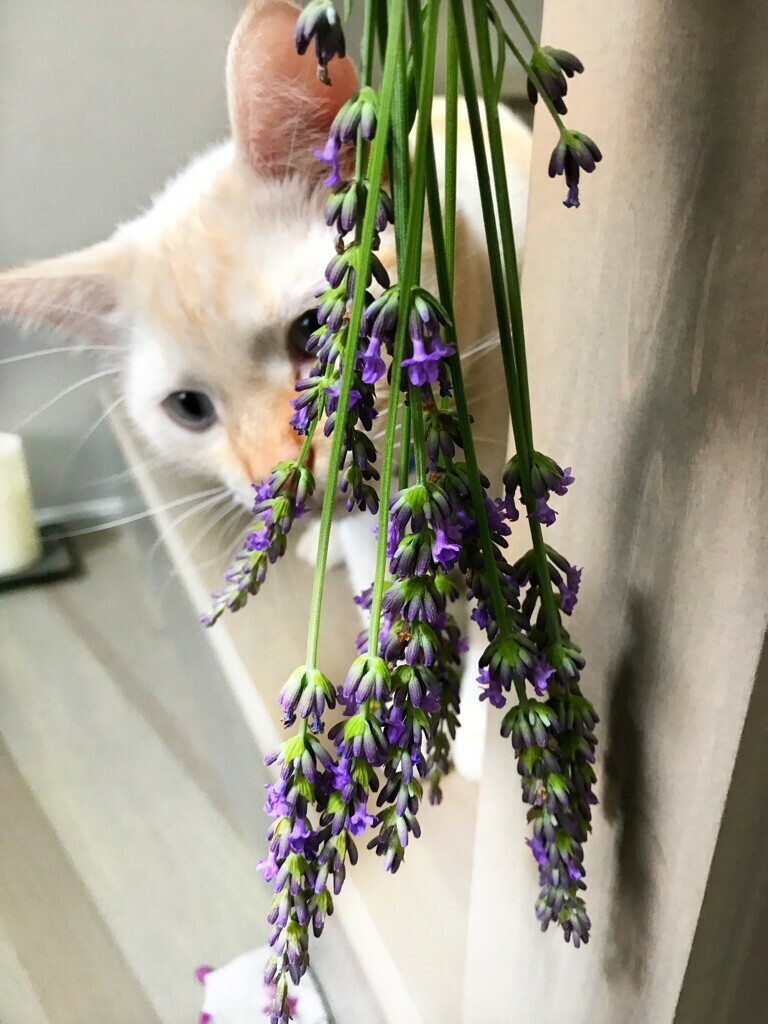
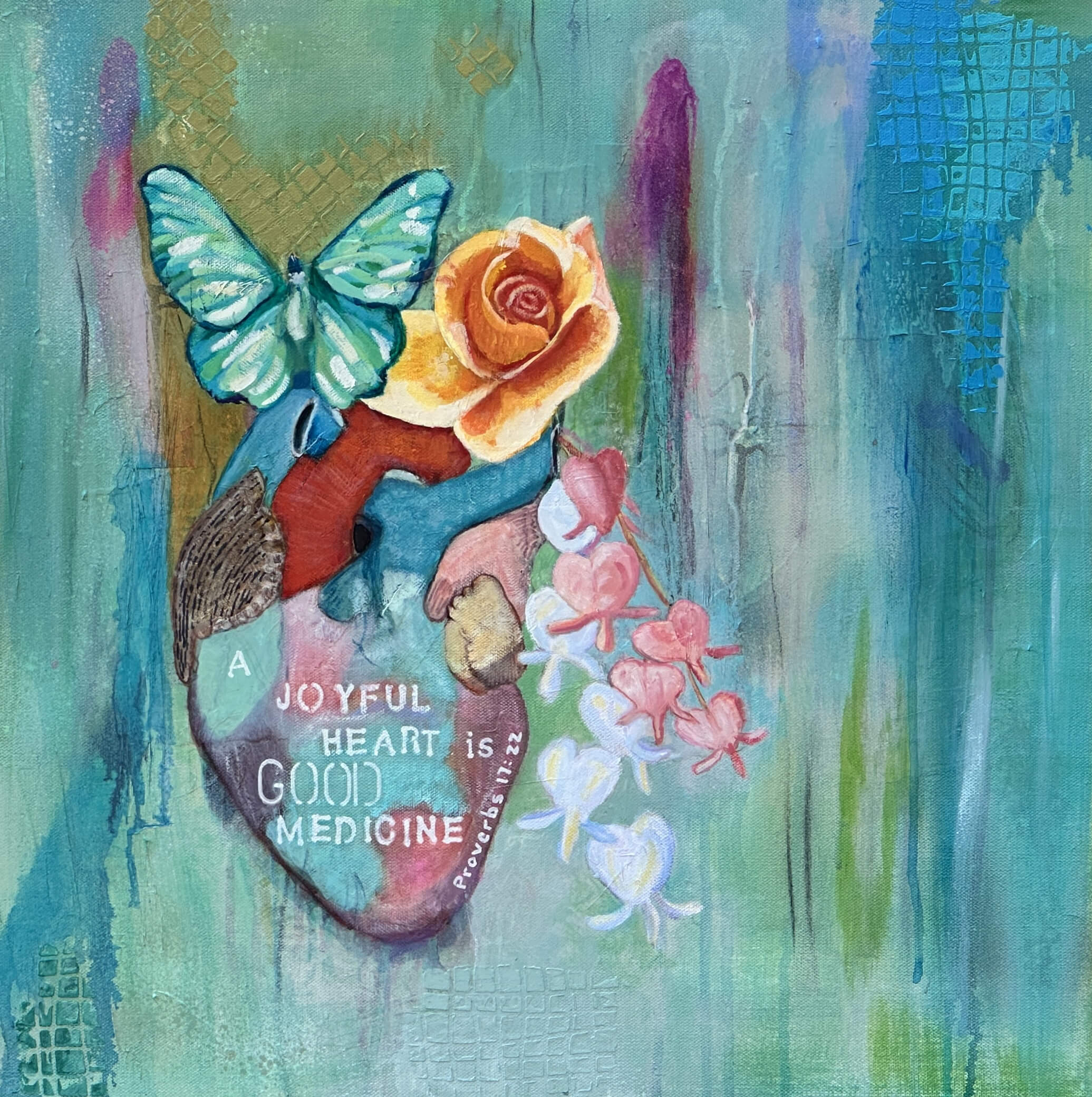




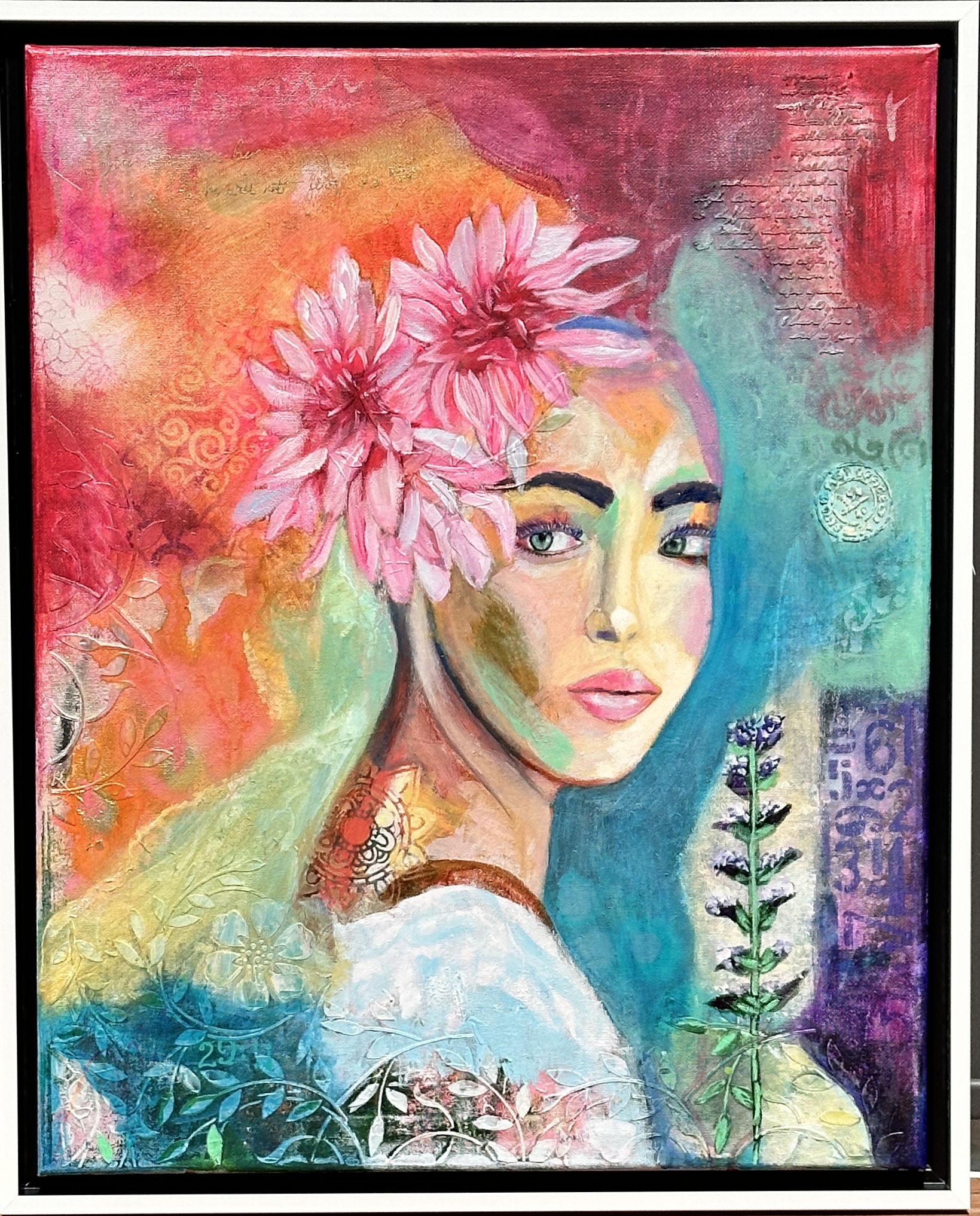
0 Comments